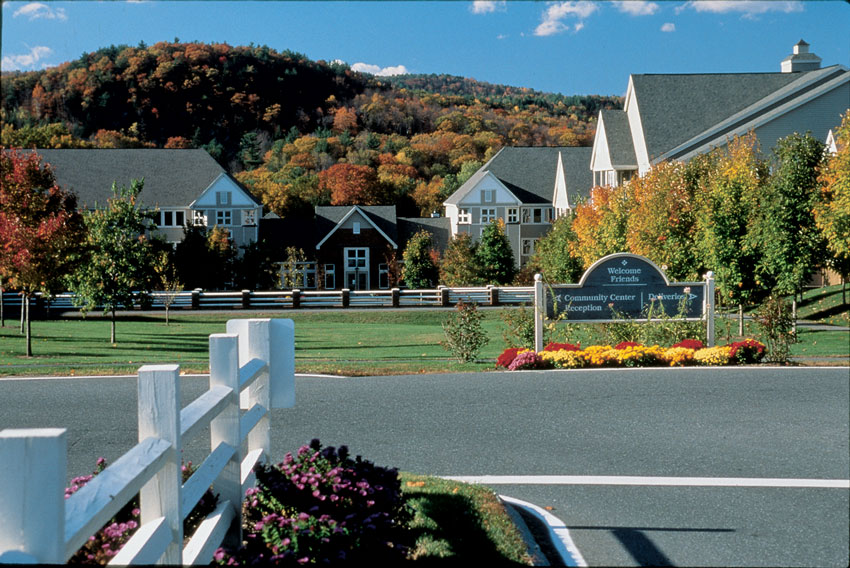
HANOVER, N.H., Sept. 21, 2020 — Kendal at Hanover has achieved Silver Status accreditation from SAGECare, a division of the country’s oldest and largest not-for-profit organization dedicated to improving the lives of LGBTQ+ older adults. Silver Status accreditation indicates that more than 40% of Kendal at Hanover’s staff has completed SAGECare’s extensive online or in-person training. Kendal at Hanover is the only Life Plan Community in New Hampshire to achieve this status.
“We are proud of our partnership with SAGECare, but more importantly, we are proud to provide this training opportunity for Kendal’s staff,” said Executive Director Beth Vettori. “Broadening our staff’s education enables us to support each resident to live to his or her full potential as we look to meet the needs of a diverse and inclusive community.”
SAGECare’s training includes lessons on quality of service, supports available to LGBTQ+ older adults and how to create a more inclusive community through best practices. More than 150 of Kendal at Hanover’s 300 staff members have participated in the training in the past year. Kendal at Hanover will attain Gold Status when 60% of staff completing the training, which is expected by the year’s end.
“In order to meet the needs of the LGBTQ+ aging population, we need to be competent and educated on language barriers and have access to resources for improved care,” said Tammy Bishop, Kendal at Hanover’s Community Health Educator. “Through SAGE, we have access to evidence-based models and professional staff that support this growing community. The LGBTQ+ population is a consumer in the long-term care market, and their opinions, concerns and health care are incredibly important to us.”
Kendal at Hanover and SAGECare plan to continue their partnership to serve LGBTQ+ individuals with the best care possible while making each older person feel comfortable with who they are. In the next phase of the training staff will work directly with residents around language, specific health care needs and social biases.
